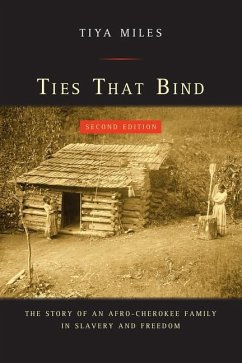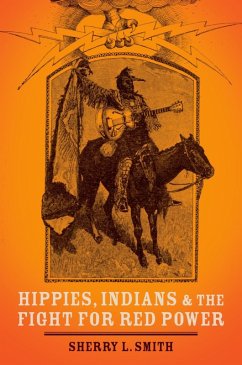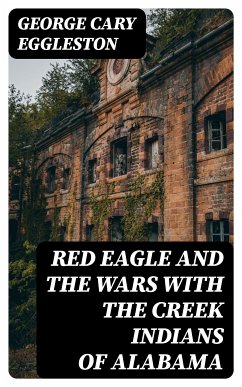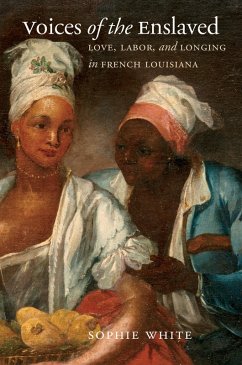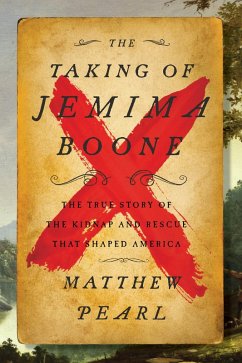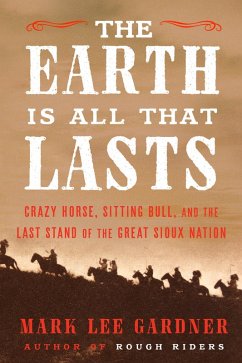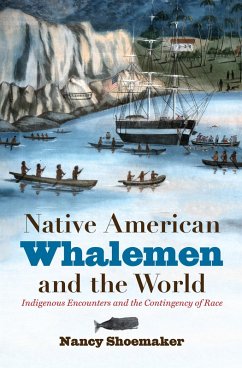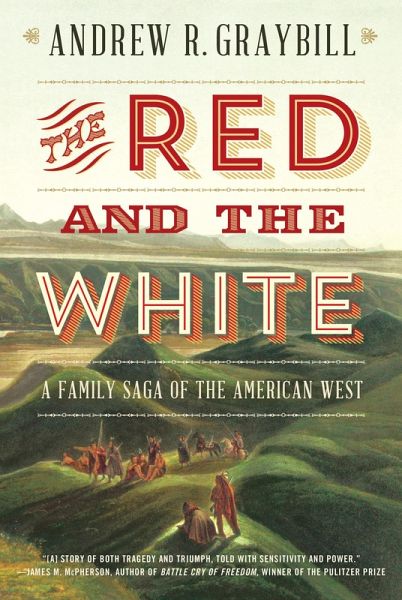
The Red and the White (eBook, ePUB)
A Family Saga of the American West
Versandkostenfrei!
Sofort per Download lieferbar
9,95 €
inkl. MwSt.
Weitere Ausgaben:

PAYBACK Punkte
5 °P sammeln!
Winner of the Labriola Center American Indian National Book Award. One of the American West's bloodiestand least-knownmassacres is searingly re-created in this generation-spanning history of native-white intermarriage. At dawn on January 23, 1870, four hundred men of the Second U.S. Cavalry attacked and butchered a Piegan camp near the Marias River in Montana in one of the worst slaughters of Indians by American military forces in U.S. history. Coming to avenge the murder of their fathera former fur-trader named Malcolm Clarke who had been killed four months earlier by their Piegan mother's co...
Winner of the Labriola Center American Indian National Book Award.
One of the American West's bloodiestand least-knownmassacres is searingly re-created in this generation-spanning history of native-white intermarriage.
At dawn on January 23, 1870, four hundred men of the Second U.S. Cavalry attacked and butchered a Piegan camp near the Marias River in Montana in one of the worst slaughters of Indians by American military forces in U.S. history. Coming to avenge the murder of their fathera former fur-trader named Malcolm Clarke who had been killed four months earlier by their Piegan mother's cousinClarke 's own two sons joined the cavalry in a slaughter of many of their own relatives. In this groundbreaking work of American history, Andrew R. Graybill places the Marias Massacre within a larger, three-generation saga of the Clarke family, particularly illuminating the complex history of native-white intermarriage in the American Northwest.
One of the American West's bloodiestand least-knownmassacres is searingly re-created in this generation-spanning history of native-white intermarriage.
At dawn on January 23, 1870, four hundred men of the Second U.S. Cavalry attacked and butchered a Piegan camp near the Marias River in Montana in one of the worst slaughters of Indians by American military forces in U.S. history. Coming to avenge the murder of their fathera former fur-trader named Malcolm Clarke who had been killed four months earlier by their Piegan mother's cousinClarke 's own two sons joined the cavalry in a slaughter of many of their own relatives. In this groundbreaking work of American history, Andrew R. Graybill places the Marias Massacre within a larger, three-generation saga of the Clarke family, particularly illuminating the complex history of native-white intermarriage in the American Northwest.
Dieser Download kann aus rechtlichen Gründen nur mit Rechnungsadresse in A, D ausgeliefert werden.




